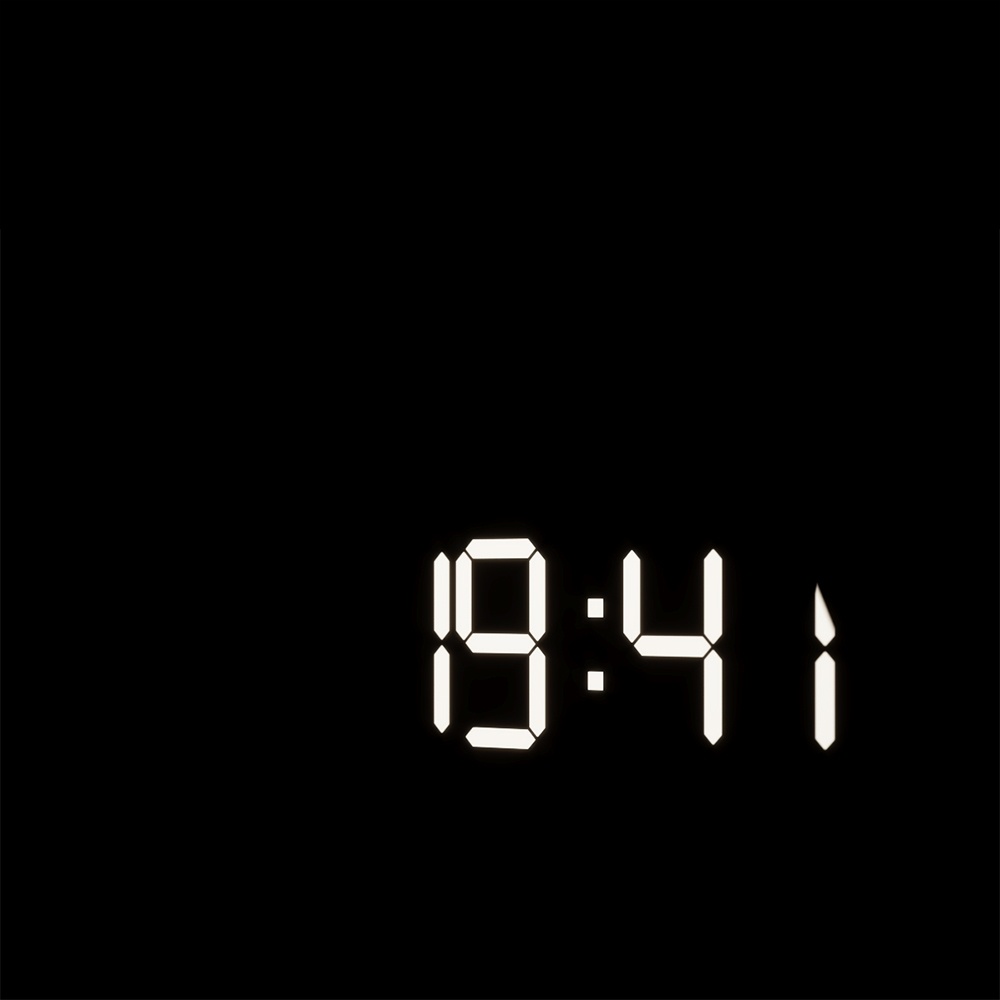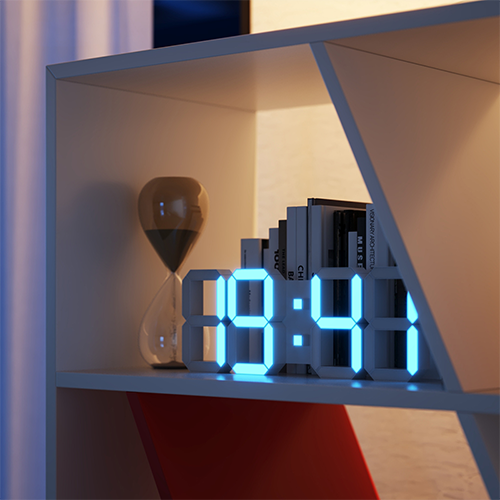This page provides information about the Self-Illumination render channel in V-Ray for Blender.
Overview
The Self-Illumination Render Channel stores the illumination of any self-illuminated materials in the scene. It isolates self-illuminated materials, including V-Ray Mesh Lights, objects with the V-Ray Light Material, and any objects with Self-Illumination enabled in their V-Ray Material. This render channel is useful for brightening or color-correcting self-illuminated materials in the final composite.
For example, the V-Ray Material has a parameter for self-illumination. If this parameter is set to a non-black color value, this render channel will show the results of the self-illumination.
UI Path: ||V-Ray Node Editor|| > World > Render Channels > Beauty > V-Ray Self-Illumination

Properties
See the Render Channels page to find out where you can find these properties.
Channel Name – Customizable name for the render channel.
Enable Deep Output – Specifies whether to include this render channel in deep images.
Color Mapping –
Consider For Anti-Aliasing – When enabled, anti-aliasing is used where possible.
Filtering – Applies an image filter to this channel.
Derive Raw Channels – Generates data in the raw channels by combining the respective color and the filter color channels.
Vfb Color Corrections – Applies the post-render color adjustments made from the VFB.
Denoise – Enables the render channel's denoising, provided the Denoiser is enabled.
Common Uses
The Self-Illumination render channel is useful for changing the appearance of self-illuminated surfaces after rendering in a compositing or image editing software. See the render before and after compositing.

Notes
- This element contains only the light geometry itself, not the light emitted from it. Lighting information is contained in the Lighting Render Elements.



